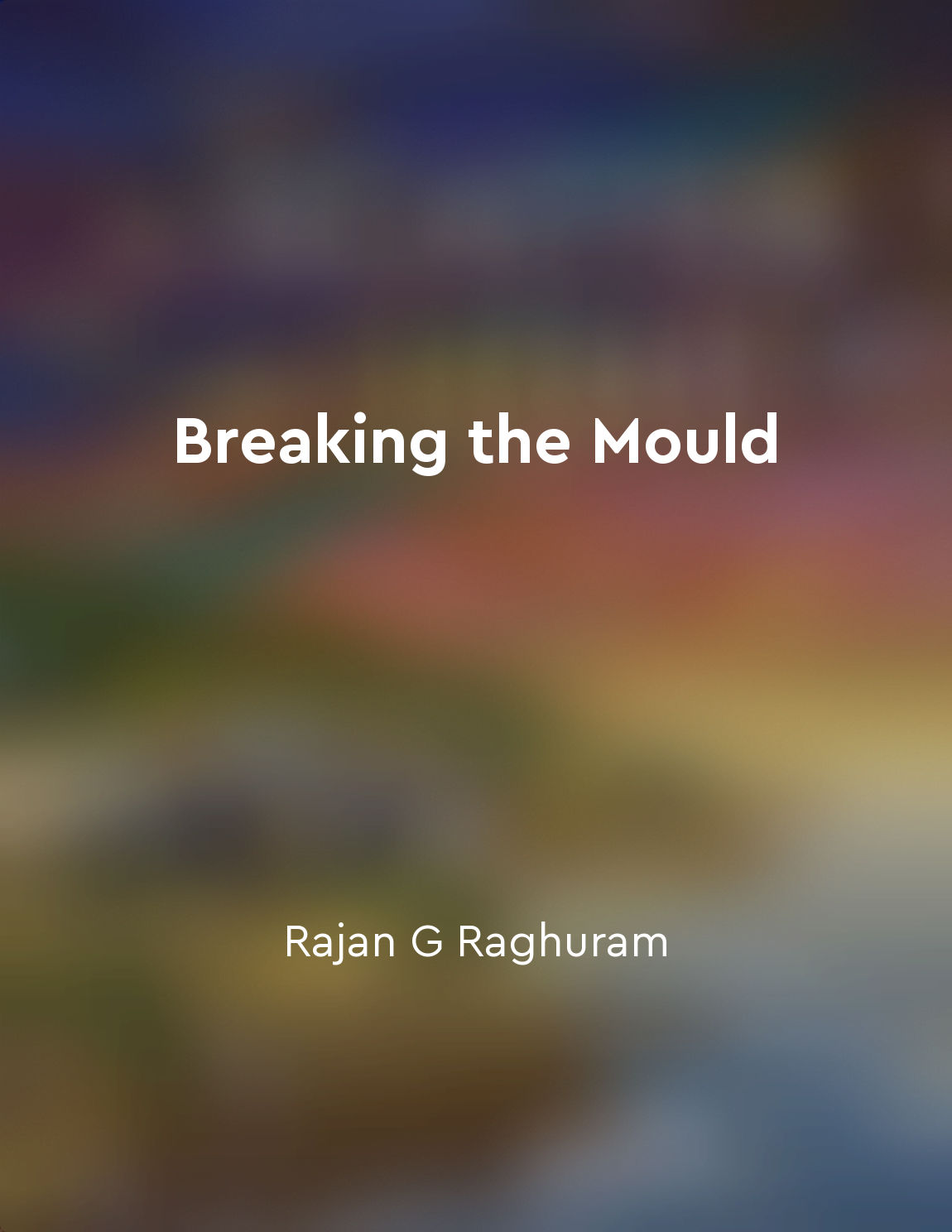The importance of ethical conduct cannot be overstated from "summary" of The Buddha and His Dhamma by Bhimrao Ramji Ambedkar
Ethical conduct is a fundamental aspect of human behavior that holds great significance in shaping individuals and societies. It is not merely a set of rules or guidelines to be followed, but a guiding principle that underpins all actions and decisions. The Buddha emphasized the importance of ethical conduct as a foundational element of his teachings, recognizing its power to transform lives and create harmonious communities. Ethical conduct, as understood in the teachings of the Buddha, is based on the principles of non-harming, honesty, and compassion. By cultivating these virtues, individuals can develop inner peace, moral integrity, and a sense of connection with others. The practice of ethical conduct is not just a personal endeavor but has far-reaching implications for the well-being of society as a whole. The Buddha taught that ethical conduct is essential for spiritual growth and the attainment of true happiness. Without a strong moral foundation, one's spiritual practice can be derailed, leading to confusion, suffering, and moral decay. By upholding ethical principles, individuals can purify their minds, cultivate wisdom, and progress along the path to enlightenment. In a world rife with conflict, greed, and ignorance, the practice of ethical conduct serves as a beacon of light, guiding individuals towards a more peaceful and compassionate way of life. By acting with integrity and compassion, one not only benefits oneself but also contributes to the welfare of others and the greater good of society. The importance of ethical conduct cannot be overstated, for it is through ethical behavior that individuals can truly embody the values of kindness, honesty, and respect. As the Buddha taught, ethical conduct is the foundation of all virtues and the cornerstone of a meaningful and fulfilling life. By embracing ethical principles and living in accordance with them, individuals can cultivate a sense of inner peace, moral clarity, and spiritual well-being.Similar Posts
Understand the importance of selfdiscipline
Self-discipline is a crucial aspect that one must understand in order to achieve success in life. According to Chanakya, self-d...

Celebrate successes and learn from setbacks
The path to success is never a straight line. It is filled with ups and downs, victories and defeats, triumphs and setbacks. In...
Continuous learning is vital
Continuous learning is not just a nice-to-have quality in today's rapidly evolving world. It is an absolute necessity. The pace...

True love is selfless and pure
In a heart where true love resides, there is no room for selfish desires. The love that is pure and selfless transcends the bou...
Develop strong communication skills to convey your ideas effectively
To be an effective technical leader, it is essential to be able to communicate your ideas clearly and persuasively to others. D...

Hinduism has always embraced change
Hinduism, as a religion and way of life, has always been dynamic and adaptable to changing circumstances. From its earliest ori...
The importance of brand reputation in the industry
Having a strong brand reputation is essential in the industry. It can make or break a business. Your reputation is what sets yo...
Innovate and adapt to change
To truly think like a CEO, one must understand the importance of innovation and the need to constantly adapt to change. The bus...
Use the power of persuasion to influence others positively
To have a more prosperous life and be able to impact people in a positive way, it is crucial to master the art of persuasion. P...
Moral obligations apply universally
The concept of moral obligations applying universally is a fundamental principle that governs ethical behavior. According to Ka...

